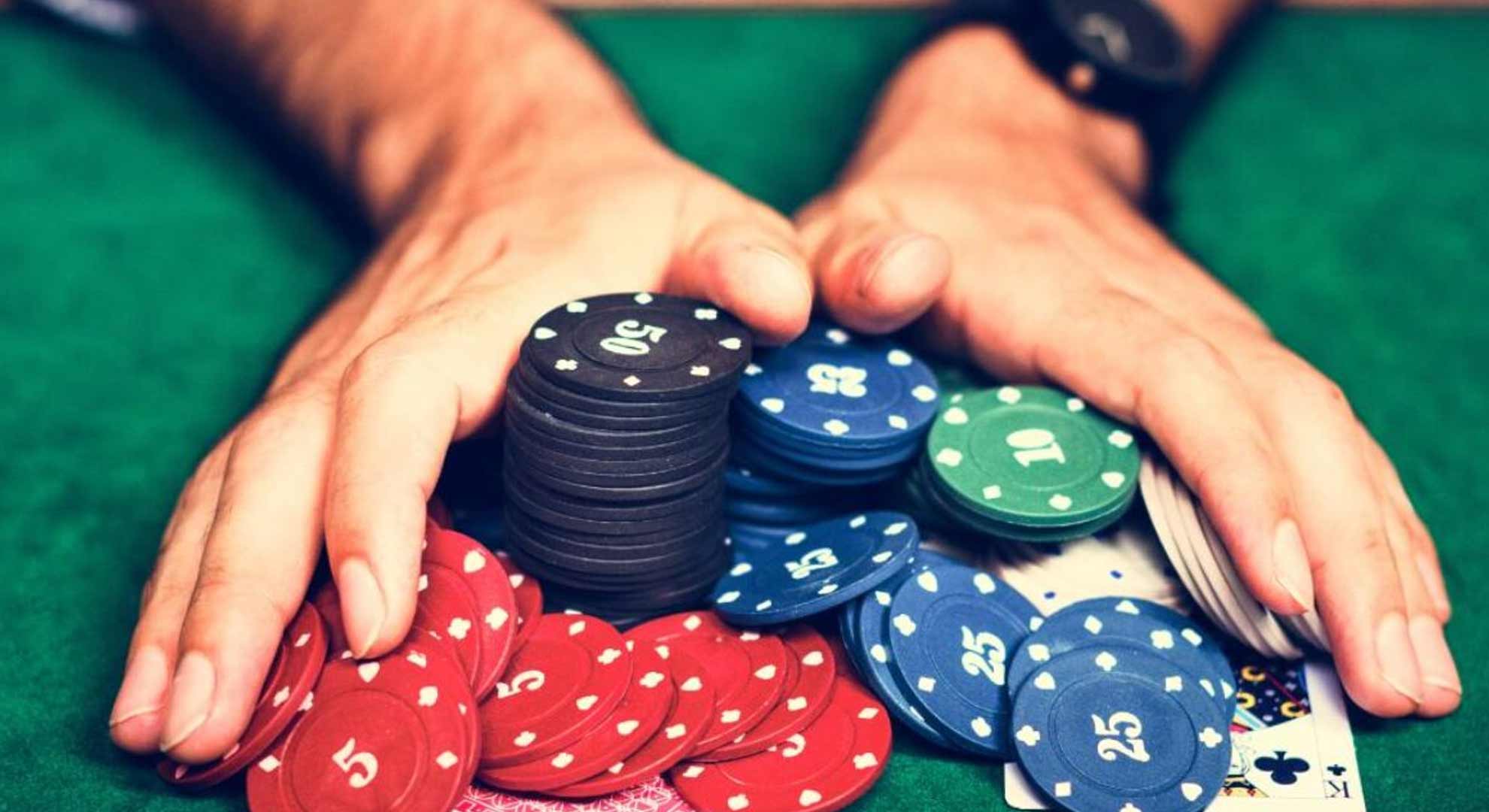Why Gamblers Believe in Lucky Streaks

Why Gamblers Believe in Lucky Streaks
The allure of a winning streak is a powerful force in the world of gambling. From the casino floor to online platforms, the belief in a 'lucky streak' is a common phenomenon, driving gamblers to chase their wins and often, to their losses. But why do people consistently fall prey to this belief? Understanding the psychological and statistical underpinnings of lucky streaks can provide valuable insight into this persistent aspect of human behavior.
The Psychology of Believing in Luck
At its core, the belief in lucky streaks is a manifestation of several cognitive biases. These biases are mental shortcuts that our brains employ to make sense of the world, even when those shortcuts lead us astray. Here are some key psychological factors that contribute to this belief:
- Confirmation Bias: This is the tendency to seek out and interpret information that confirms pre-existing beliefs. When a gambler experiences a winning streak, they are more likely to remember and focus on those wins, while conveniently forgetting or downplaying any losses. This creates a skewed perception of their overall performance, reinforcing the idea that they are on a lucky run.
- Availability Heuristic: Our brains tend to overestimate the importance of information that is readily available. When gamblers are experiencing a winning streak, the successes are fresh in their minds, making them seem more significant than they actually are. This leads to the belief that the streak is more likely to continue.
- Illusion of Control: Gamblers often develop a sense of control over random events. This can manifest in rituals, superstitious behaviors (like wearing a certain shirt or sitting in a specific seat), or simply believing that their skill or actions influence the outcome more than they actually do. A winning streak can further amplify this illusion of control, making them believe they are somehow manipulating the odds in their favor.
- Hot-Hand Fallacy: This bias suggests that people believe that a person who has experienced success with a random event has a greater chance of success in future attempts. In gambling, the hot-hand fallacy leads gamblers to believe that a winner is “due” to keep winning and that their wins make a repeat win more probable.
The Statistical Fallacy of the Lucky Streak
While the psychology behind believing in lucky streaks is compelling, the statistical reality is often quite different. Gambling outcomes are generally considered random events. Although short-term fluctuations of wins and losses are possible, the long-term outcome is almost always determined by the house edge. This means, in the long run, the casino (or the gambling platform) always has an advantage.
The perception of a lucky streak often arises from a misunderstanding of probability. Even in games of chance, it's statistically possible to experience a string of wins. This doesn't mean the odds have changed in your favor; it simply means the random nature of the game has momentarily favored you. The mistake lies in assuming that a winning streak is a predictor of future outcomes.
Furthermore, the gambler's fallacy often comes into play. This is the belief that, after a series of losses, a win is “due”. It is important to remember that each spin of a roulette wheel, each roll of the dice, or each deal of a card is an independent event. The past results have no bearing on future outcomes.
The Consequences of Believing in Lucky Streaks
The belief in lucky streaks can have significant consequences for gamblers, often leading to:
- Increased Wager Sizes: Gamblers on a winning streak may feel emboldened to increase their bets, risking larger sums of money. This can lead to amplified losses if the streak ends.
- Chasing Losses: When the streak inevitably ends, gamblers may attempt to chase their losses, believing that they can recoup their money by continuing to play. This can create a vicious cycle of increasing bets and increasing losses.
- Ignoring Bankroll Management: The belief in luck can lead to a disregard for proper bankroll management. Gamblers may be less disciplined about setting limits and sticking to them, leading to financial hardship.
- Addiction: The excitement and reinforcement provided by winning streaks can contribute to the development of gambling addiction.
Responsible Gambling and Understanding the Odds
To combat the negative effects of believing in lucky streaks, it’s crucial to adopt responsible gambling practices. This includes setting realistic expectations, understanding the house edge, and sticking to a budget. Remember that gambling should be viewed as a form of entertainment and not a way to make money.
If you're looking for a reputable platform to enjoy some gambling entertainment, be sure to explore msports m88 online. Remember to gamble responsibly, and never bet more than you can afford to lose.
Understanding the psychological and statistical factors behind the belief in lucky streaks is essential for making informed decisions and protecting yourself from the potential pitfalls of gambling. By recognizing the cognitive biases at play and embracing a rational approach to the odds, you can increase your enjoyment and minimize the risks associated with gambling.
```